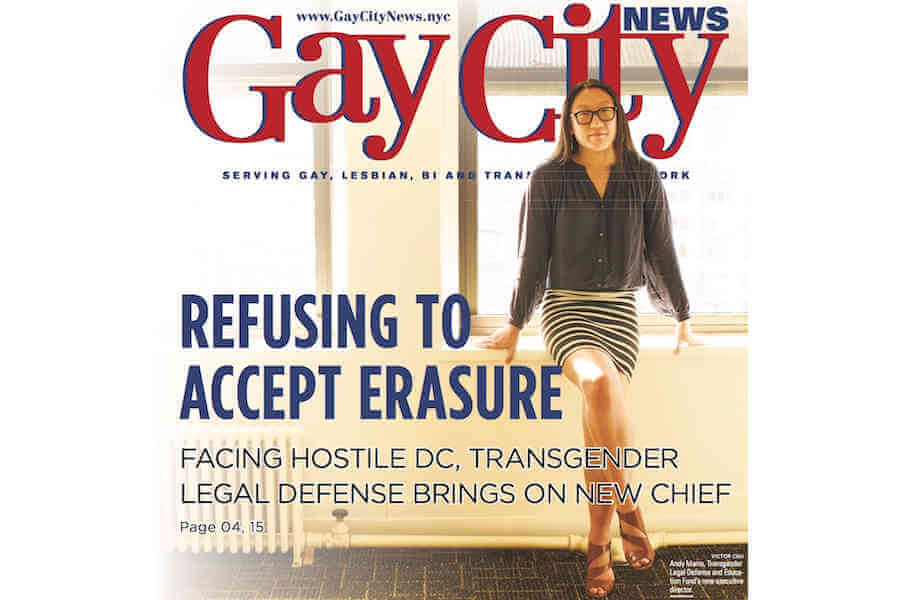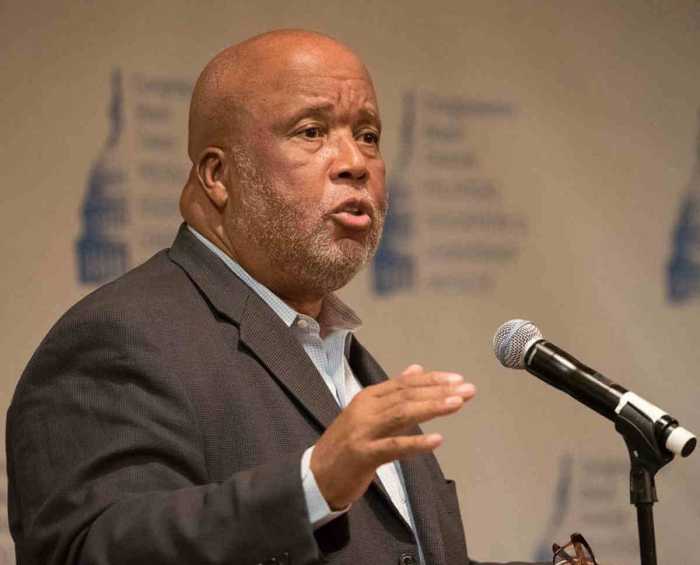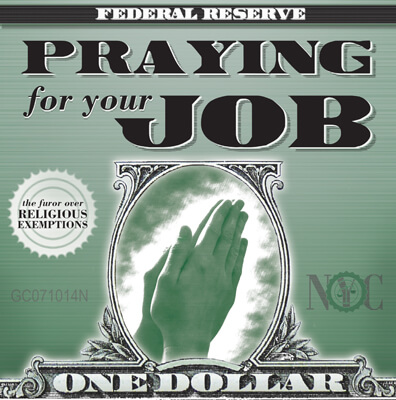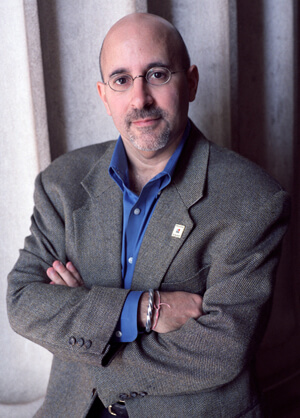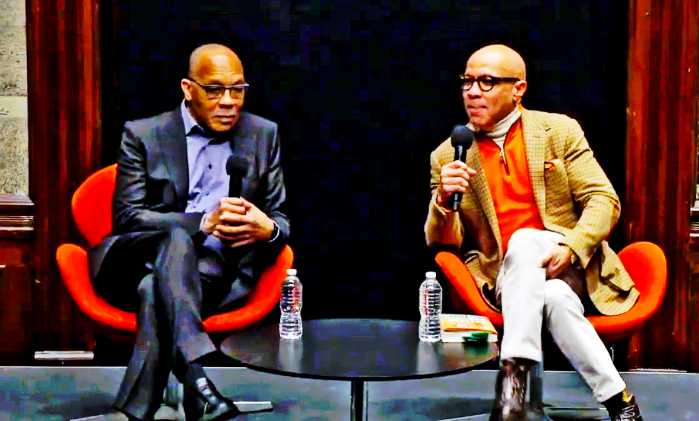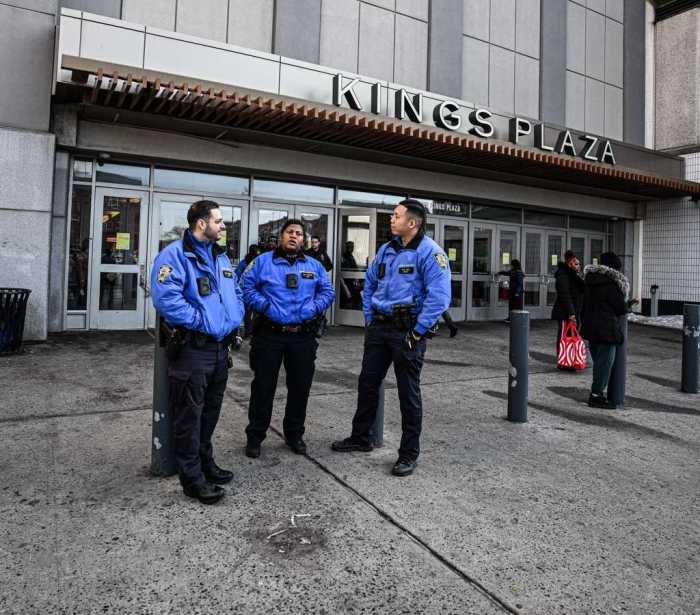At a moment when the increasingly visible transgender activist community is facing unprecedented challenges from a hostile Trump administration in Washington, a longtime legal player serving the trans and non-binary community, the New York-based Transgender Legal Defense and Education Fund, is welcoming a new executive director.
Andrea “Andy” Hong Marra, who spent the past five years managing external communications for the Arcus Foundation and as a leader in launching that group’s multi-million dollar Global Trans Initiative, will join TLDEF effective December 3.
A transgender Korean-American woman, Marra has worked with LGBTQ and social justice organizations for 15 years in a variety of capacities — including at GLSEN, GLAAD, and Nodutdol for Korean Community Development, a New York City-based empowerment group. She is currently a board member at Freedom for All Americans, which is seeking comprehensive LGBTQ nondiscrimination protections nationwide, and Just Detention International, which works to end sexual violence in prisons around the world.
Her work has won recognition from groups serving the community — such as the National LGBTQ Task Force, the National Queer Asian Pacific Islander Alliance, the National Center for Transgender Equality, and GLSEN — and beyond, including being named one of the White House’s Next Generation of LGBT Leaders during the Obama administration and as one of the 100 Most Influential Asian Americans last year.

Marra is joining a group founded in 2003 that engages in impact legislation, in a lead capacity or by filing friend of the court briefs, to advance the rights of transgender, gender nonconforming, and non-binary Americans; provides public education and trainings; and initiated a highly regarded Name Change Project, which partners with leading law firms that provide pro bono assistance to members of the community taking a critical step in their gender transition — securing foundational personal identification that will allow them to navigate the world with dignity and in safety.
“It’s a tremendous honor to join TLDEF, especially at a time when so much is at stake for transgender and gender-nonconforming people,” Marra said. “We live in a reality where our community faces increasing hostility and our very lives are being defined out of existence. On day one, I will take the helm at TLDEF fully resolved to ensure our community can live safely, freely, and with access to opportunity. We can’t do this work alone and I look forward to collaborating with our legal partners and movement allies to protect hard-fought gains and advance equality, especially for those who have faced the brunt of violence and discrimination.”
Voicing particular pride that her appointment was announced during Transgender Awareness Week, Marra, in an interview with Gay City News, pointed to two critical challenges facing the trans community: the Trump administration’s reported plan to implement a definition of gender based on genital traits observed at birth and unchanging and the possibility that the Supreme Court will take up a case this term to determine whether gender identity discrimination is covered by sex discrimination prohibitions already in federal law (see story on page 12).
The threatened action by the Trump administration is widely viewed as an effort by social conservatives to erase transgender identity in federal policy and even law. A potential showdown at the Supreme Court — with a newly solidified conservative majority — will determine whether the gains in transgender rights won in many lower federal courts will be sustained or reversed.

The trans and non-binary community is also facing an epidemic of lethal violence, the extent of which can only be estimated. According to a report out this week from the Human Rights Campaign, at least 128 transgender people, the vast majority trans women of color, have been murdered in the US over the past five years. 2017 was the deadliest year on record, with 29 murders documented. To date this year, 22 killings have been recorded.
The HRC report notes that other deaths, though not attributable to explicit violence, nevertheless can be traced to hatred, hostility, and indifference to the needs of transgender people. As an example, the reports points to the case of Roxana Hernández, a 33-year-old transgender Latina woman fleeing violence and discrimination in Honduras, who died while in the custody of Immigration and Customs Enforcement.
In articulating her vision for TLDEF, Marra described it as “simple and broad: ending discrimination, with a special emphasis on those most affected — transgender people of color, non-binary folks, those who are gender-nonconforming, trans and non-binary youth, and other communities pushed to the margins.”
TLDEF is one of a number of transgender-specific groups that have grown up in the past decade and a half to provide a laser focus on concerns specific to those outside the narrower LGB umbrella. Among the other leaders in this group are the National Center for Transgender Equality, based in Washington, and the Oakland, California-based Transgender Law Center.

Leaders of both groups were effusive in their praise for Marra. Kris Hayashi, who heads the Transgender Law Center, described her as “a trailblazing community advocate,” and NCTE’s Mara Keisling, saying she was “elated” by the choice of Marra, called her “a trusted movement partner for more than a decade.”
TLDEF is considerably smaller than either of the others, with a 2016 budget of under $800,000 versus more than $2 million each for the other two. By comparison, the Human Rights Campaign, in the year ending March 2017 had a budget of more than $33 million.
Marra emphasized that what is shared by all three of the transgender rights groups is a “really strong desire to coordinate and collaborate.”
She voiced particular satisfaction with the results of TLDEF’s Name Change Project — which she hopes to grow nationally — and said the alliances established there with pro bono attorneys from major law firms represent a key strength of her new organization. She pointed to a letter protesting the proposed Trump administration “definition” of gender for which TLDEF secured signatures from 187 law firms.

Marra also pushed back on the blanket notion that funding for transgender rights work is lagging behind the community’s growing visibility. According to the Grantmakers United For Trans Communities Initiative — a project on which Marra worked — even though only three cents out of every $100 in US foundations’ grants go toward trans-related work, the dollar value of that funding more than quadrupled from 2012 to 2016 — from $3.62 million to just below $17 million. That group estimated that more than one million Americans now identify openly as transgender.
Marra hopes to tap into the emerging availability of dollars for TLDEF, first and foremost by bringing a development director on board in 2019. As a part of her negotiations to accept her new position, she also won commitment for a budget line to hire a legal director for the organization, which currently has a staff of five.
Still, the hard work of creating a more just society is always in need of greater resources. One clear sign of that — and of the enthusiasm of some of TLDEF’s donors — is the launch of an online crowdfunding campaign (at https://bit.ly/2Km3N7A) where a group of anonymous funders have pledged to match dollar for dollar up to $13,000 to help offset a portion of the cost of bringing new leadership to the group. The effort aims to raise $26,000 by Marra’s start date in less than two weeks.


